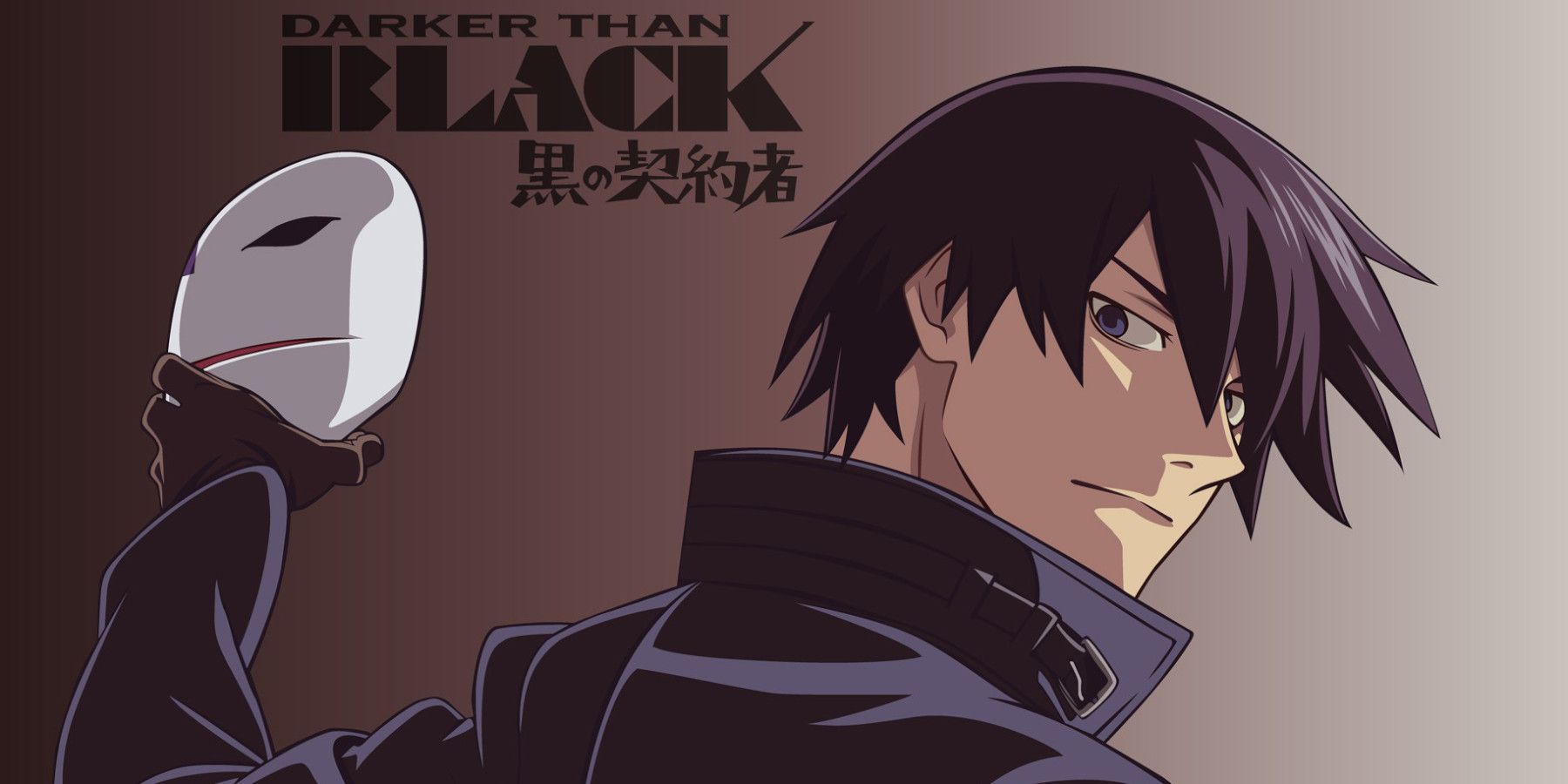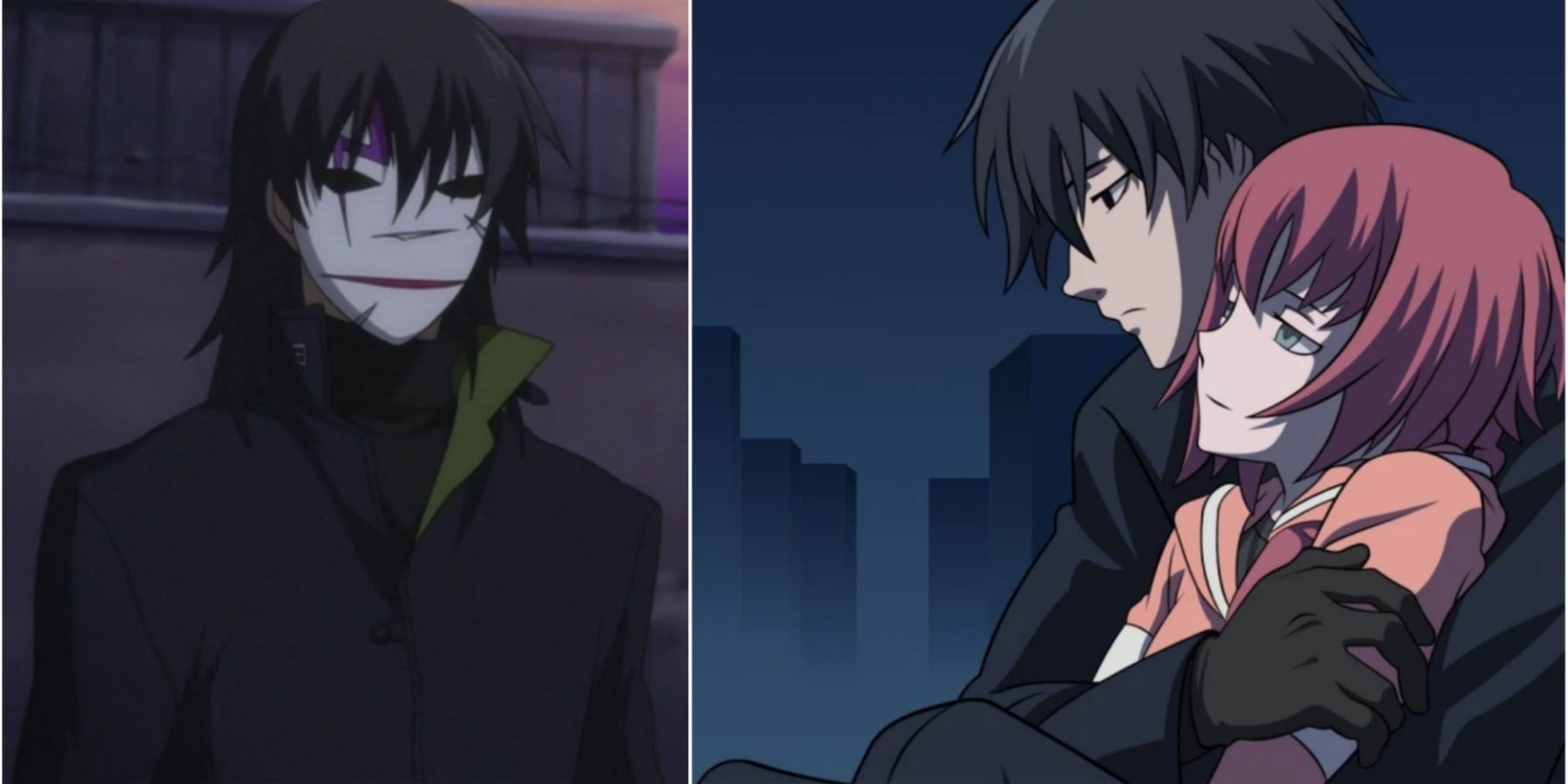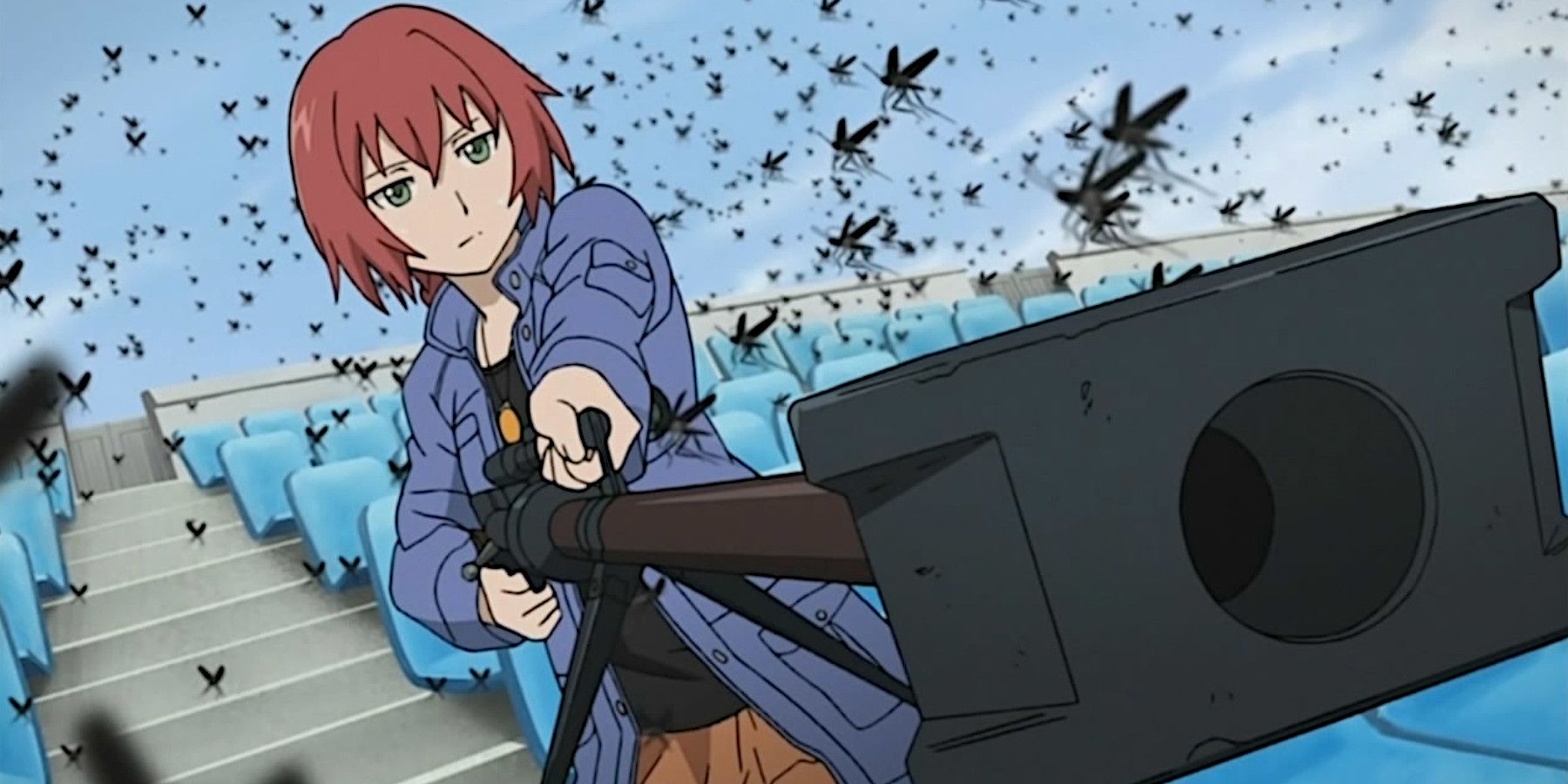
Revamping Anime Sequels: Winning Over New Demographics

Exploring the Controversy: Darker Than Black's Sequel and the Shift in Demographics Was it a wise decision or did it disappoint fans? Find out the reasons behind the divisive reception of the anime's sequel
The second season of Darker than Black, titled Gemini of the Meteor, has a mixed reputation among fans who hold the first season in high regard. Despite receiving praise from critics upon its initial release, opinions on Gemini have become divided over time. Some consider it a letdown, while others view it as an improvement. However, it's impossible to deny that the show underwent significant changes due to a shift in creativity and audience focus.
Gemini premiered in 2009, two years after the debut of the first season. Tensai Okamura returned as the director, but with a new approach to storytelling and only half as many episodes. Okamura felt that the first season's narrative structure was unwieldy, and sought to create something vastly different for Gemini.
The Appeal of Darker Than Black
Darker than Black may not be as mainstream as Cowboy Bebop or Samurai Champloo, but it holds its own with its unique story structure and musical score. The legendary Yoko Kanno, known for her work on Cowboy Bebop and Wolf's Rain, among others, created a fitting soundtrack filled with jazz, rock, and more, adding to the allure of this slick and sexy noir thriller. The protagonist, Hei, exuded a sense of mystery and coolness, donning a striking suit and mask and wielding frightening daggers as he swung around Tokyo with grappling hooks, accompanied by a satisfying sound effect. Hei's character was akin to Batman, but with the added power of harnessing electricity and taking lives, making audiences eager to learn more about this enigmatic figure.
The mystery surrounding the identity of the protagonist in Darker Than Black was a prominent aspect of the show's writing. With an episodic structure, the series gradually divulged information about its world, leaving audiences to piece together the puzzle. This approach may have discouraged some viewers, but ultimately, the show delivered on its promises with exciting action sequences, well-developed characters, and a satisfying ending that left room for future possibilities. Notably, the sequel opted to retain the same director, Okamura, rather than changing creative leadership like other controversial sequels.
And Now For Something Completely Different
The decision to replace Yoko Kanno with Yasushi Ishii as the composer for Season 2 may have seemed sacrilegious at first, but it turned out to be a stroke of genius. Ishii's score is one of the highlights of the sequel, and it's a shame that they haven't worked on more anime. In fact, their work on the original Hellsing surpasses the music of Hellsing Ultimate, despite the latter being better received overall.
The moment Hei makes his entrance on screen, clad in a worn coat on a rooftop, the music pounds with a percussive force reminiscent of a gritty nightclub. This powerful introduction instantly proves that Ishii was the perfect choice for the sequel. If Season 1 was reminiscent of Batman, then Season 2 channels the vibe of Batman Beyond.
Aside from its music, Darker Than Black was memorable for its overall tone and storytelling approach. The series had a certain comfort factor for fans of superhuman action, thanks to its linear narrative in the second season and the introduction of a new protagonist named Suou, with Hei taking on a supporting role. While some fans speculate that the shift towards a female lead was a marketing ploy, director Okamura had expressed interest in exploring this direction himself.
Suou's character was inspired by Okamura's fascination with a young girl wielding a large weapon, resulting in her becoming a contractor with the ability to summon an anti-tank rifle. Hei, on the other hand, became her mentor, albeit one grappling with alcoholism and a much darker persona than before. The decision to take the character down this path may have divided fans, but the involvement of experienced screenwriters Shinsuke Oonishi and Mari Okada helped to sell Suou's story to audiences, with Okada's extensive portfolio lending her credibility to the project.
On paper, the changes made in Season 2 seemed to have worked well. It not only garnered positive reviews from critics who praised the storytelling, action and the introduction of Suou, but it also sold well. Despite this success, fans perceived it as a disappointment. The question remains, was it truly deserving of such criticism?
Why Were Fans Unimpressed?
Expanding the target audience proved to be a successful move, as the reception to Season 2 was positive and drew in more viewers. Okamura himself expressed his hope that the new story would encourage those who were new to the series to go back and watch the original, which could potentially enhance their viewing experience in terms of chronological order.
The story of Gemini of the Meteor, while well-written overall, had some noticeable flaws that may have left fans feeling disgruntled. Certain characters felt like they were added as an afterthought, such as an antagonist who was portrayed solely as a pedophile. This resulted in uncomfortable attempts at humor, rather than genuine attempts at drama.
Additionally, the season continued plot threads from the previous season without adequately resolving them. This hindered Suou's story and pushed Hei's closure into the background. As a result, the relationship between the two felt underdeveloped by the end of the season. Even the returning cast from Season 1, like Misaki and Yin, were not given enough attention. Moreover, the new cast could have benefited from more time in the spotlight.
The action sequences in Season 2 of Darker Than Black are undoubtedly superior to those in the first season, with the talented animators, such as Yutaka Nakamura, delivering beautifully choreographed and intense fights. Fans who were drawn to the series for its action will not be disappointed. Despite its flaws, Darker Than Black: Gemini of the Meteor was not a misstep for the series, but rather hindered by its unusual storytelling choices and short length. However, the main reason why some fans of the original series may not enjoy it is due to its departure from the style and charm of its predecessor.
Source: Anime News Network
















